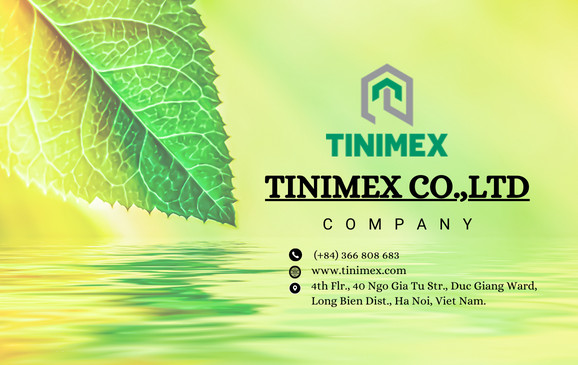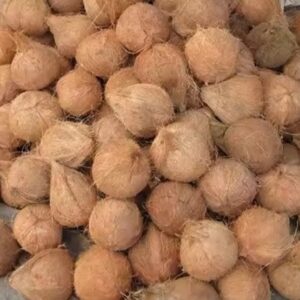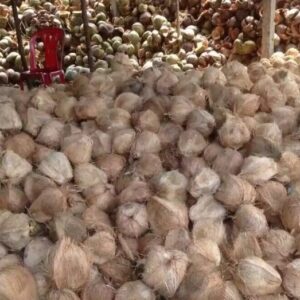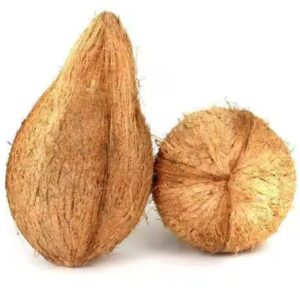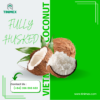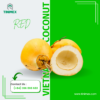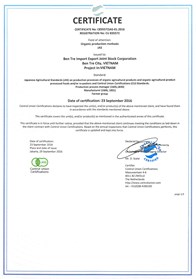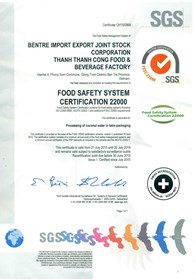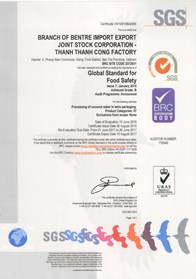SEMI HUSKED COCONUT
Liên hệ
SEMI HUSKED COCONUT
Size: 0.5-0.8kg/nuts
Age: 9 month
Packing: 25pcs/PP bag
Loading: 12MT/20’RF; 26MT/40’RF
Min order: 1 cont 20’RF
Semi Husked Coconut
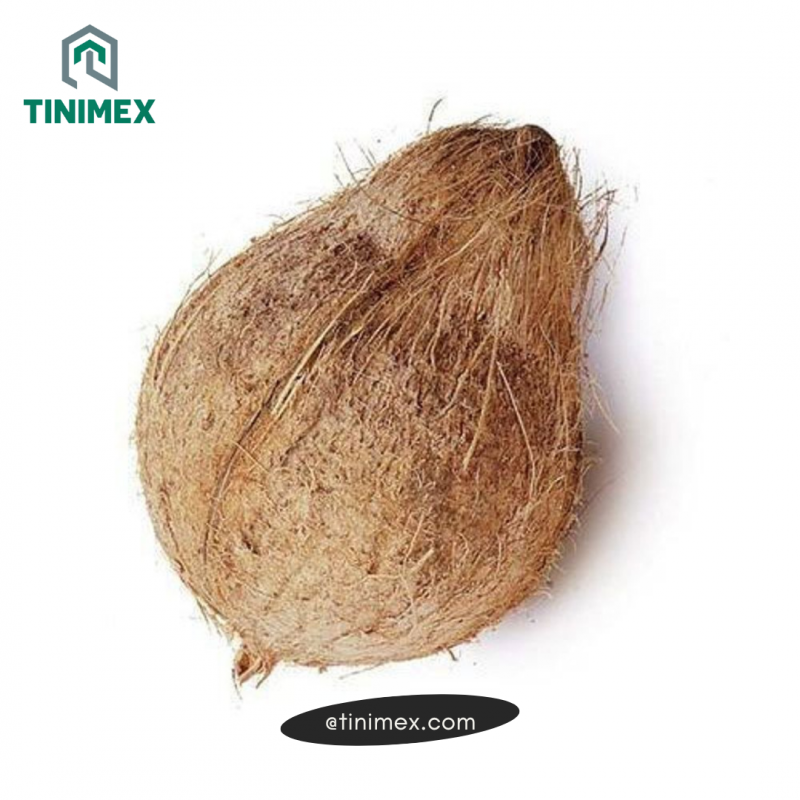
Semi husked coconut is a familiar and high-value product in many industries and culinary practices. The production process of semi husked coconut not only requires high technical skills but also meticulous and careful handling from harvesting to packaging and storage. The following article will detail each step in this process.
Harvesting Coconuts, Criteria for Selection
Harvesting coconuts is the first and very important step. Coconuts must be harvested at the right ripeness, when the husk has hardened and has a characteristic golden brown color. The criteria for selecting coconuts include:
- Uniform size.
- Outer shell free from cracks and signs of pests.
- Heavy weight, with fresh water inside that is not sour.
Removing the Outer Shell, Technical Requirements
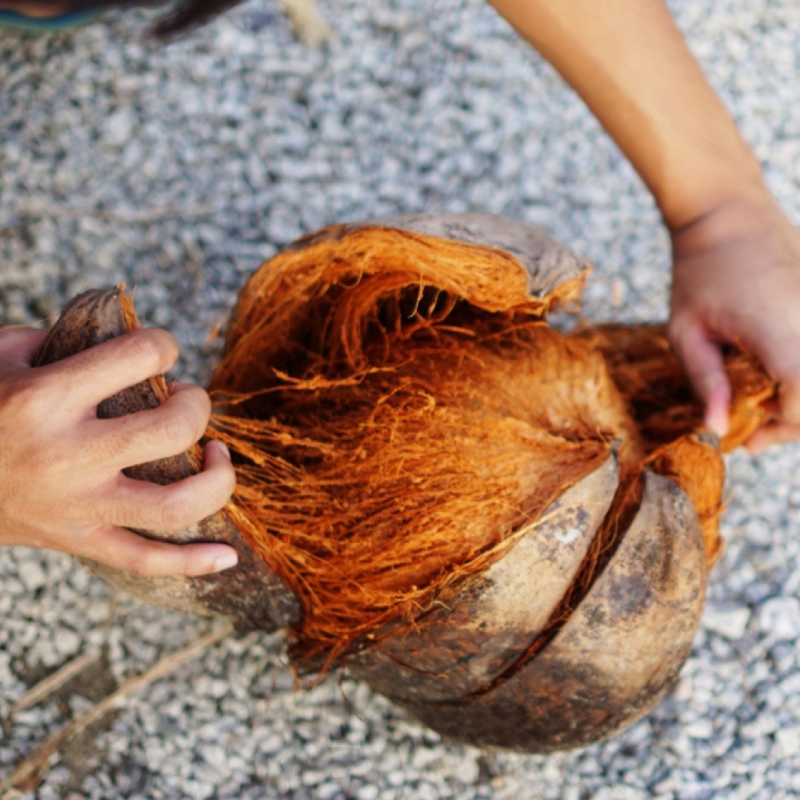
After harvesting, the next step is to remove the outer shell of the coconut. This requires high technical skills to preserve the inner husk. The technical requirements include:
- Using specialized knives or tools to skillfully cut the outer shell.
- Avoid damaging the inner husk.
- Ensuring the safety of the handler.
Cleaning the Coconuts
After removing the outer shell, the coconuts need to be cleaned to remove dirt and impurities on the surface. The cleaning steps include:
- Washing the coconuts with clean water.
- Using a soft brush to gently scrub the surface of the coconuts.
- Letting them dry before proceeding to the next step.
Drying
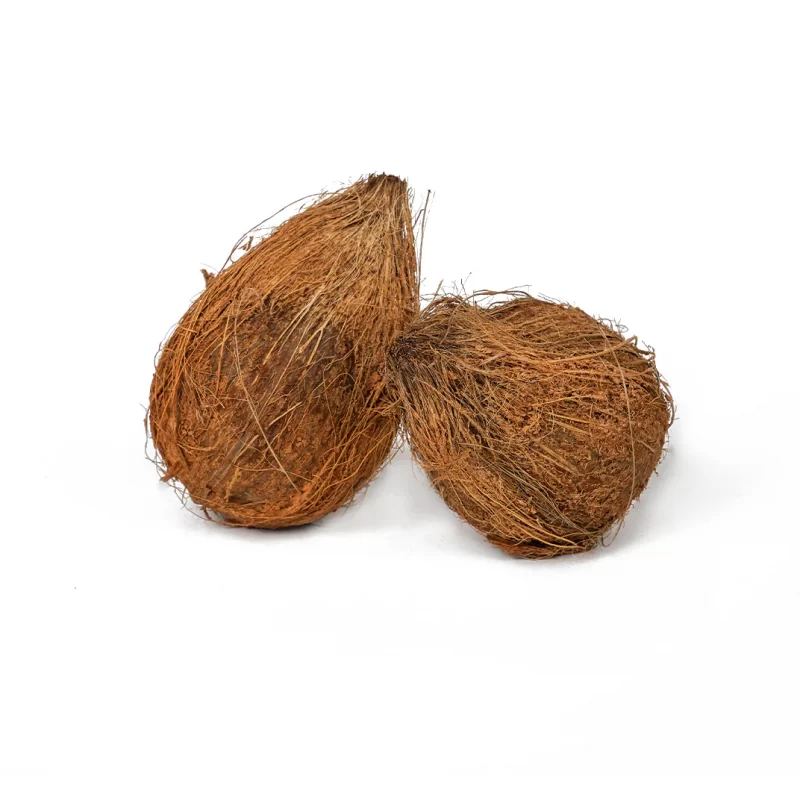
After cleaning, the coconuts need to be dried to completely remove moisture, ensuring long-term storage and quality. The drying process typically includes:
- Sun-drying the coconuts for about 2-3 days.
- Using a dryer at the appropriate temperature if weather conditions do not allow sun-drying.
- Ensuring the coconuts are evenly dried and not moldy.
Final Cleaning
Before quality inspection, the coconuts need to be cleaned one last time to ensure no impurities remain. This process includes:
- Using compressed air to blow off dust.
- Inspecting each coconut to remove any that do not meet the standards.
Quality Inspection of Coconuts, High-Quality Coconut Standards
Quality inspection of coconuts is a crucial and indispensable step in the production process of semi husked coconut. To ensure the highest standards, the inspection process is conducted meticulously and carefully. Here are the specific standards for identifying high-quality coconuts:
Husk Must Be Hard, Not Cracked, Free from Pests
- Hard Husk: To ensure coconuts can be stored for a long time and maintain their inner quality, the husk must be hard enough. This helps protect the coconut flesh and water from external impacts.
- No Cracks: Coconuts with cracked husks are prone to bacterial and mold invasion, ruining the quality. Careful inspection ensures no cracks on the husk surface.
- Free from Pests: Pests can degrade the quality and value of coconuts. Each coconut must be checked to ensure no signs of pests such as small holes, insect traces, or unusual spots on the husk.
Even Color, No Black Spots or Signs of Mold
- Even Color: High-quality coconuts typically have a uniformly golden brown color, with no color variations across different areas. This indicates even ripeness and no adverse factors during growth.
- No Black Spots: Black spots on the husk usually indicate spoilage or infection. High-standard coconuts must not have any black spots to ensure safety and quality.
- No Signs of Mold: Mold is a serious issue that can spoil the entire coconut. Thorough inspection ensures no signs of mold on the husk.
Uniform Weight, Fresh Water Inside
- Uniform Weight: Standard coconuts must have uniform weight, with no significant variations between them. This indicates favorable growth conditions without external influences.
- Fresh Water Inside: The quality of coconut water is a key criterion to determine if the coconut meets the standards. The water inside must be clear, sweet, and not sour. Sour coconut water indicates spoilage or bacterial contamination.
Quality Inspection Process
- Random Sampling: Randomly select a number of coconuts from each batch for inspection.
- Visual Inspection: Carefully observe the husk surface to detect cracks, pest signs, uneven color, and black spots.
- Weight Check: Use scales to measure the weight of each coconut, ensuring they fall within the standard weight range.
- Coconut Water Check: Select a few coconuts to open and check the quality of the water inside regarding clarity, smell, and taste.
Quality inspection not only ensures that the final product meets the highest standards but also enhances the reputation and reliability of the product in the market. This is especially important for export markets, where quality standards are often very stringent.
Packaging
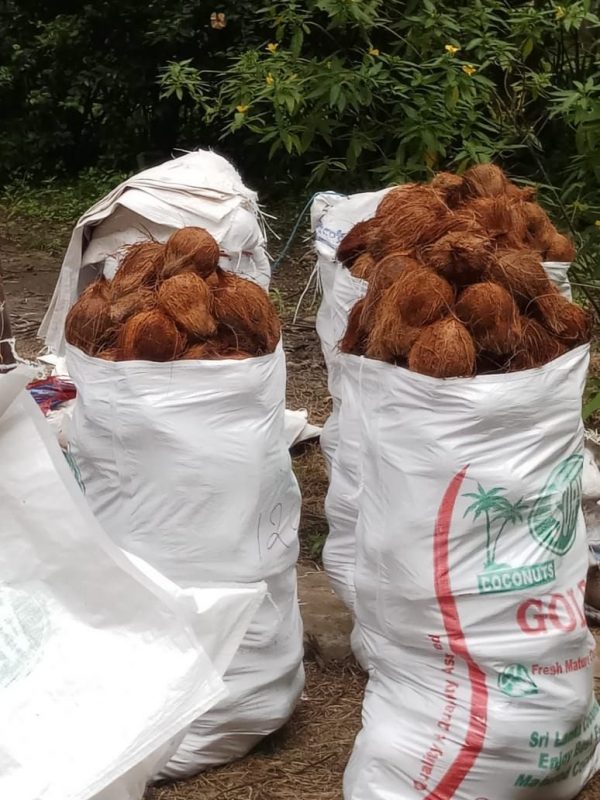
After quality inspection, the coconuts are carefully packaged for storage and transportation. The packaging process includes:
- Using plastic bags or specialized packaging materials.
- Ensuring the packaging is sealed, moisture-proof, and impact-resistant.
- Clearly labeling product information, harvest date, and usage instructions.
Storage of Semi Husked Coconut
Semi husked coconut needs to be stored in a dry, cool place to prevent mold and quality loss. Some storage tips include:
- Avoid direct sunlight exposure.
- Place coconuts on high shelves, away from the ground.
- Regularly check to remove any spoiling coconuts.
Export Standards for Semi Husked Coconut
To meet export standards, semi husked coconut must adhere to the following specifications, ensuring that each step in the production process is meticulously and carefully executed:
Uniform Size and Weight
- Size: Export coconuts need to have uniform size for easy packaging and transportation. The standard size is often specified by contracts or the requirements of the export market. Uniform size ensures the products are neatly arranged and safe during transit.
- Weight: Each coconut must fall within the standard weight range, typically from 0.5 to 0.8 kg depending on market requirements. Uniform weight not only facilitates packaging but also creates an impression of quality and professionalism.
Husk Without Cracks, Free from Pests
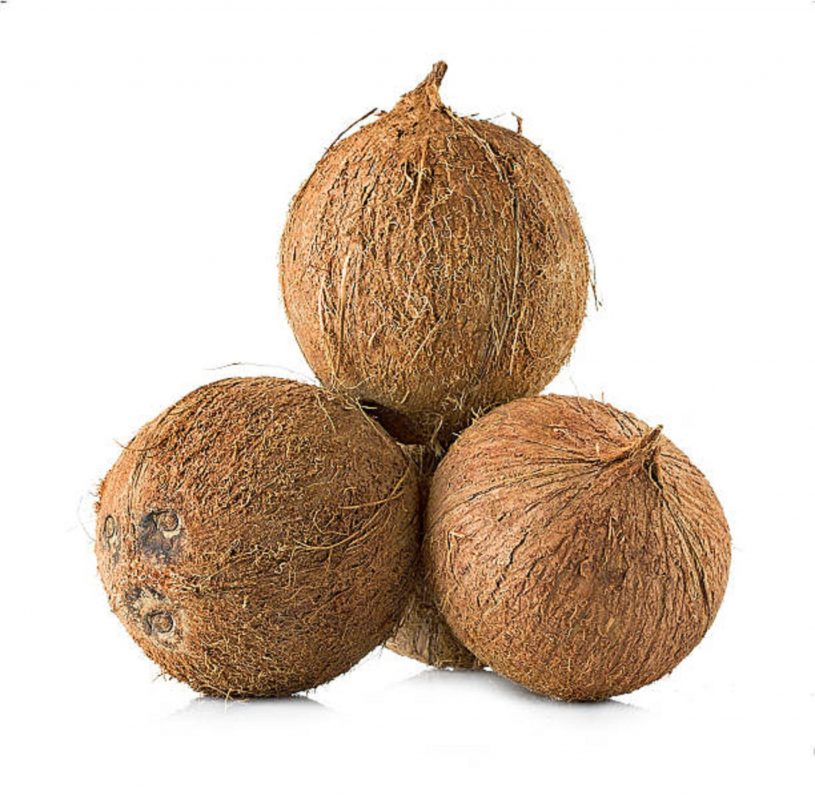
- Husk Without Cracks: Coconuts with cracked husks are susceptible to bacterial and mold infections, affecting the quality. Ensuring intact husks is crucial for the longevity and safety of the coconuts.
- Free from Pests: Export coconuts must be completely free from signs of pests. Black spots, small holes, or any unusual marks on the husk are unacceptable. This ensures that the product remains undamaged during transport and reaches consumers in the best condition.
Packaging According to International Standards, Clearly Stating Origin and Certifications
- Packaging: Semi husked coconut must be packaged according to international standards, using sturdy, moisture-proof, and impact-resistant materials. The packaging must ensure the best protection for the product during transit.
- Clear Origin Labeling: Each package must clearly state the origin of the coconuts, including information on the cultivation location, harvest date, and related certifications such as organic certification, food safety certification. This not only assures customers of the product’s quality but also complies with the legal requirements of the importing country.
Ensuring Safe Transportation Process, Maintaining Product Quality
- Transportation Process: Semi husked coconut must be transported using appropriate means, ensuring no impacts, crushing, or damage. Temperature and humidity during transit must be closely monitored to prevent spoilage.
- Strict Control: Throughout the transportation process, the products need regular checks to ensure no issues arise. Any problems must be promptly addressed to ensure the quality of the coconuts remains intact.
Importance of Careful Production and Export Processes
Thus, from harvesting to storage and export, each step in the production process of semi husked coconut requires meticulous and careful handling. This not only ensures product quality but also enhances the economic value of semi husked coconut in the international market. Adhering to export standards not only protects the manufacturer’s reputation but also helps build the brand of Vietnamese semi husked coconut in the global market.
Location: No.40 Ngo Gia Tu Str., Duc Giang Ward, Long Bien Dist, Ha Noi City, Vietnam
Contact: +84 366 808 683
Email: info@tinimex.com
Fanpage: Tinimex
Website: Tinimex.com




Tinimex was established in 2020 specializing in manufacturing and exporting agricultural products such as:
Spices: Cinnamon, Star Anise, Cardamon, Black pepper, Ginger, Turmeric,…
Fruit with: Fresh fruit: Dragon fruit, Lime, Fresh Coconut,….
Dried fruit: Desiccate Coconut, Dried Mango, Dried Banana, Dried Jackfruit,…
Tinimex’s responsibility, in addition to the main products at the factory, we will also constantly search for new agricultural products from the growing areas or farmers, collect, produce and pack at the factory to meet the needs of customers as well as the market.
We have a head office in Hanoi and two manufacturing plants in Yen Bai Province manufacture Spices and Ben Tre Province manufacture Dried Fruit and Fresh fruit
+ Hanoi Head Office: 4th Flr., 40 Ngo Gia Tu Str., Duc Giang Ward, Long Bien Dist., Ha Noi, Viet Nam.
Our factory:
+ Yen Bai factory: Mau A Town, Văn Yen Dist., Yen Bai Province, Vietnam
+ Ben Tre Factory: Hamlet 2, Son Phu Commune, Giong Trom District, Ben Tre Province
All our Factories strictly control the system by ISO 22000:2018, HACCP, FDA.
Our factory:
+ Yen Bai factory: Mau A Town, Văn Yen Dist., Yen Bai Province, Vietnam
+ Ben Tre Factory: Hamlet 2, Son Phu Commune, Giong Trom District, Ben Tre Province
Hanoi Head Office:
4th Flr., 40 Ngo Gia Tu Str., Duc Giang Ward, Long Bien Dist., Ha Noi, Viet Nam
(+84) 366 808 683
info@tinimex.com
www.tinimex.com
All our Factories strictly control the system by ISO 22000:2018, HACCP, FDA.

Throughout the production process, every stage is tightly controlled, from sourcing raw materials to processing, with absolutely no use of harmful chemicals, preservatives, or artificial colors and flavors. Our focus is on achieving internationally recognized standards. Betrimex's products have obtained various international certifications, including ORGANIC (USDA, EU), BRC, FDA, HALAL, KOSHER, BSCI, FSSC 22000.
Our products are currently available in over 20 countries worldwide.
